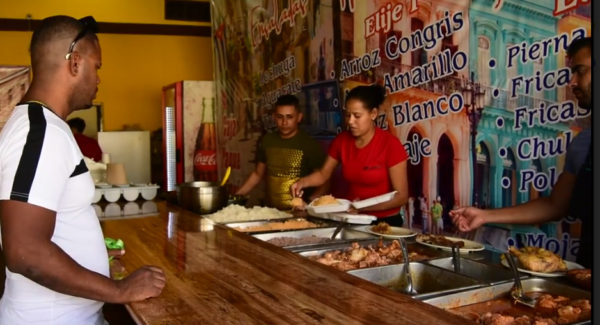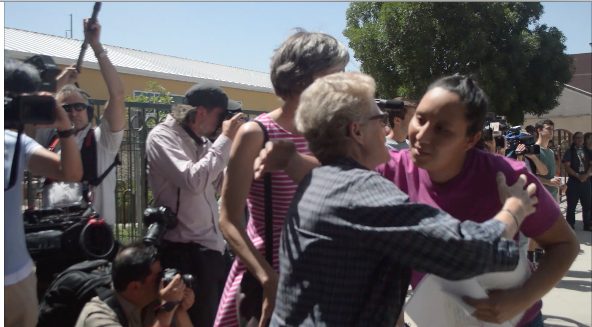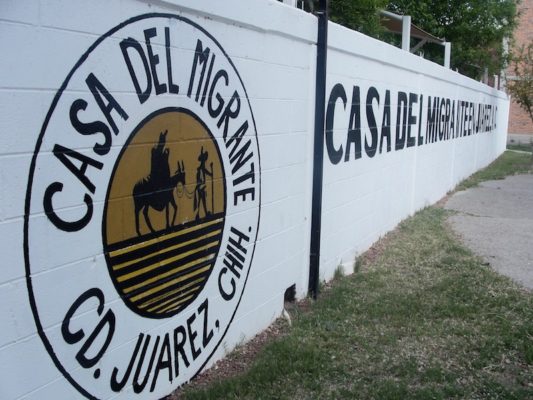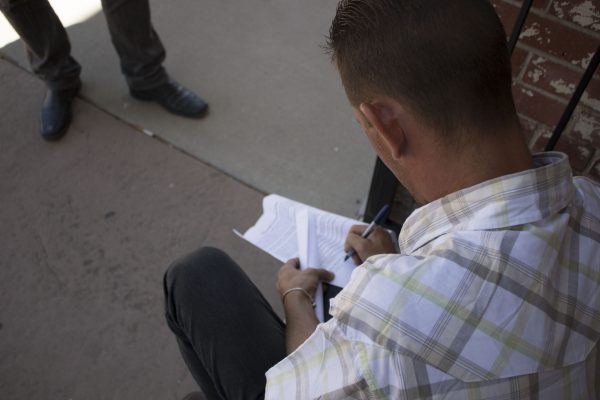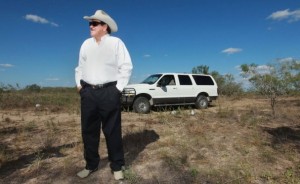Juarez dining scene gets Cuban touch amid migrant surge
|
JUAREZ, Mexico – Cuban migrants waiting their turn to seek asylum in the U.S. are finding some comfort at Little Habana, a restaurant serving homestyle Cuban food in this city on the border next to El Paso, Texas. Cristina Ibarra was operating a Mexican food restaurant called El Mariachi when she noticed the growing demand for Cuban food. She hired migrants who knew the authentic way to make the different dishes and opened Little Habana on Ramón Corona street downtown. The Cuban workers are grateful for an opportunity to earn enough to pay for their basic needs as they wait to hear from the U.S. about their asylum status.
